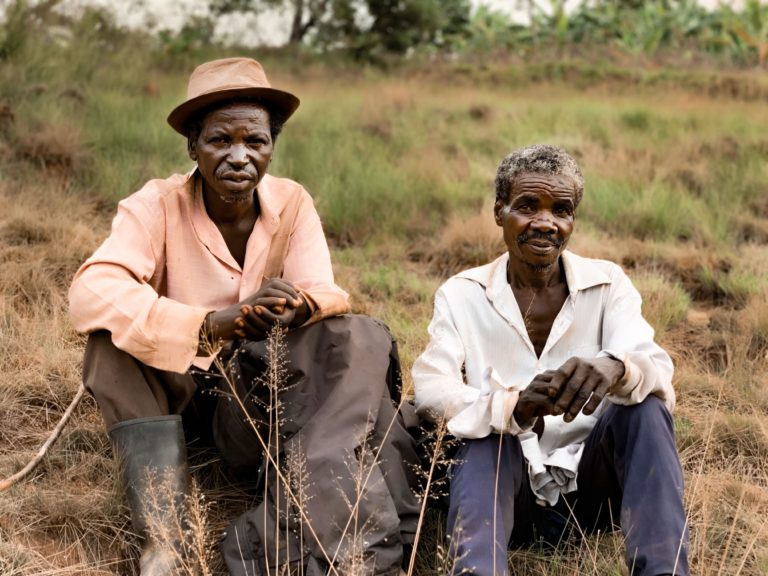Home / Healthcare & Medicine / Anxiety & Depression / Post-Traumatic Stress Disorder (PTSD) in the Global Context / Community-based interventions to heal trauma
This article is from the free online
Post-Traumatic Stress Disorder (PTSD) in the Global Context


Reach your personal and professional goals
Unlock access to hundreds of expert online courses and degrees from top universities and educators to gain accredited qualifications and professional CV-building certificates.
Join over 18 million learners to launch, switch or build upon your career, all at your own pace, across a wide range of topic areas.

 The location of New Orleans in the U.S. state of Louisiana, and the location of Sri Lanka, an island in the Indian Ocean southwest of the Bay of Bengal, are highlighted. Rwanda, a country in Africa, is also highlighted.
The location of New Orleans in the U.S. state of Louisiana, and the location of Sri Lanka, an island in the Indian Ocean southwest of the Bay of Bengal, are highlighted. Rwanda, a country in Africa, is also highlighted.

 Two farmers. Source:
Two farmers. Source: 





